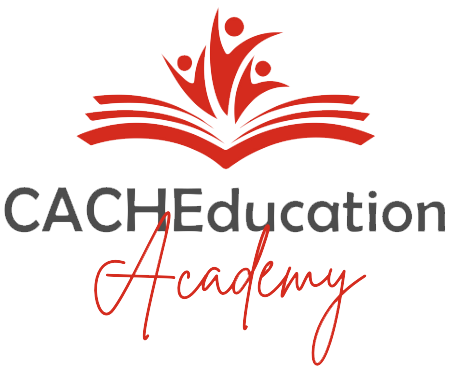Charitable gaming offers an opportunity for patient advocacy groups to raise funds for their cause while engaging local community members. In Canada, obtaining a charitable gaming license is a crucial step for any group looking to host events like bingo, raffles, or casino nights. However, the process can be intricate, involving various regulations and requirements. In this article, we discuss the considerations and general steps for obtaining a charitable gaming license in Canada.
What is Charitable Gaming?
Charitable gaming refers to fundraising activities held by eligible organizations, with proceeds going towards the group’s charitable purpose(s). These activities commonly include bingo, raffles, pull-ticket sales (e.g., 50/50 draws), and casino events. Which of these activities are allowed, the number of events per license, and the maximum gross revenue that can be acquired per license will depend on the license class and the province it is acquired in. In British Columbia, for example, a Class A gaming license (the most expensive class) allows the licensee to conduct ticket raffles, bingo, Wheel of Fortune, social occasion casinos, or poker tournaments – each with a specific maximum number of events in a 12-month period but without a maximum total gross income. Comparatively, a Class D license allows groups (the least expensive class) to hold a ticket raffle or bingo only and has a maximum total gross revenue of $5,000 per license or $20,000 per calendar year. It is important to remember that the regulatory framework for charitable gaming varies across Canadian provinces and territories, with each jurisdiction having its own set of rules, license classes, and regulatory bodies. Alberta and Ontario, for example, divide gaming licenses by type of event, each with unique eligibility criteria. Before applying for a charitable gaming license, patient advocacy groups must ensure they meet the eligibility criteria outlined by their respective provincial regulatory bodies.
General Application Process
While the process of obtaining a charitable gaming license will differ slightly across provinces/territories, it typically involves the following steps:
- Preparation: Gather all necessary documentation, including your organization’s registration documents, bylaws, financial statements, and details of the proposed gaming event.
- Application Submission: Submit a completed application form to the appropriate regulatory body in your province or territory. Ensure accuracy and completeness to expedite the review process.
- Review and Approval: The regulatory authority will review your application to ensure compliance with eligibility criteria and gaming regulations. This may involve background checks on key individuals within the organization.
- License Issuance: Upon approval, you will receive your charitable gaming license, outlining the terms and conditions of operation. Pay attention to any restrictions or reporting requirements imposed by the licensing authority.
- Compliance and Reporting: Once licensed, organizations must adhere to strict compliance standards and reporting obligations. This typically involves maintaining accurate records of gaming activities, financial transactions, and prize payouts. Additionally, organizations may be required to submit periodic reports to the regulatory authority, detailing revenue, expenses, and charitable allocations.
In conclusion, obtaining a charitable gaming license offers Canadian organizations the opportunity to raise funds, engage the community, and advance their charitable mission. However, it is important to know that each province and territory has a different regulatory framework, which have their own sets of rules, license classes, and regulatory bodies. Understanding your provinces unique eligibility prerequisites, gaming options, and application procedures, can help organizations confidently navigate the process of obtaining charitable gaming licenses.

